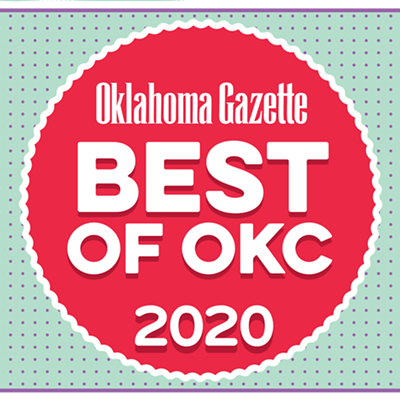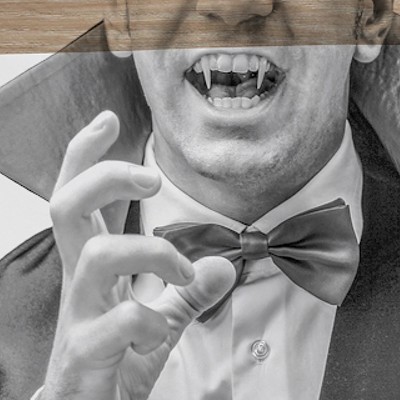
Dr. Erik R. Kandel is a Nobel Prize winner, but that, perhaps, is one of the least interesting things about him.
He was one of three winners of the 2000 Nobel Prize in Physiology or Medicine for his work in discovering the physiological basis for memory.
In a recent phone interview with Oklahoma Gazette, he explained his love of science and academic pursuits, fleeing Nazi invaders as a child and his work to make his native Austria acknowledge the role it played in aiding the Nazi Party during World War II.
He will visit the University of Science and Arts of Oklahoma (USAO) in Chickasha on March 13 to deliver the The Emerson-Wier Liberal Arts Symposium keynote address.
His life is one of varied academic and scientific pursuits in which he studied anything and everything that inspired or interested him.
His book, The Age of Insight, is an examination of the brain’s response to art and a quest to understand the science of humans’ reaction to works of art. It chronicles the lives of four great Viennese thinkers and artists during the height of Vienna’s cultural enlightenment.
It was that book and its interdisciplinary approach that prompted James Vaughn, an assistant professor of psychology at USAO, to recommend Kandel to speak at the symposium.
“I am always fascinated by people like Dr. Kandel and what motivates them to do what they do,” Vaughn said.
Kandel was born in Vienna in 1929.
When he was 10, his family fled Nazi-occupied Vienna for the United States.
He witnessed Vienna transformed into something unrecognizable.
This quest to understand what happened and how it happened to Vienna would prove the impetus for his scholarly life.
In his senior year at Harvard University, he was encouraged by the father of a classmate to consider being an analyst. The man told him that the way to understand humanity was not through the arts but through psychoanalysis. After graduating from Harvard, Kandel attended New York University School of Medicine.
It was in his senior year at NYU that he found his second love.
“I figured that a psychoanalyst should know something about the brain, so I took a neurobiology class, and I fell in love with it,” he said.
When he was awarded the Nobel Prize, Vienna reached out to claim him as one of its own. He fended off the advances and laid out a list of changes that he felt were necessary to Vienna, including a public admission of complicity and cooperation with the Nazis.
In subsequent years, Kandel motivated Vienna to change the name of a street at the University of Vienna from that of a notoriously anti-Semite mayor and has chaired a symposium about anti-Semitism there. Although Austrian by birth, he proudly claims his award as an American award won by an American.











